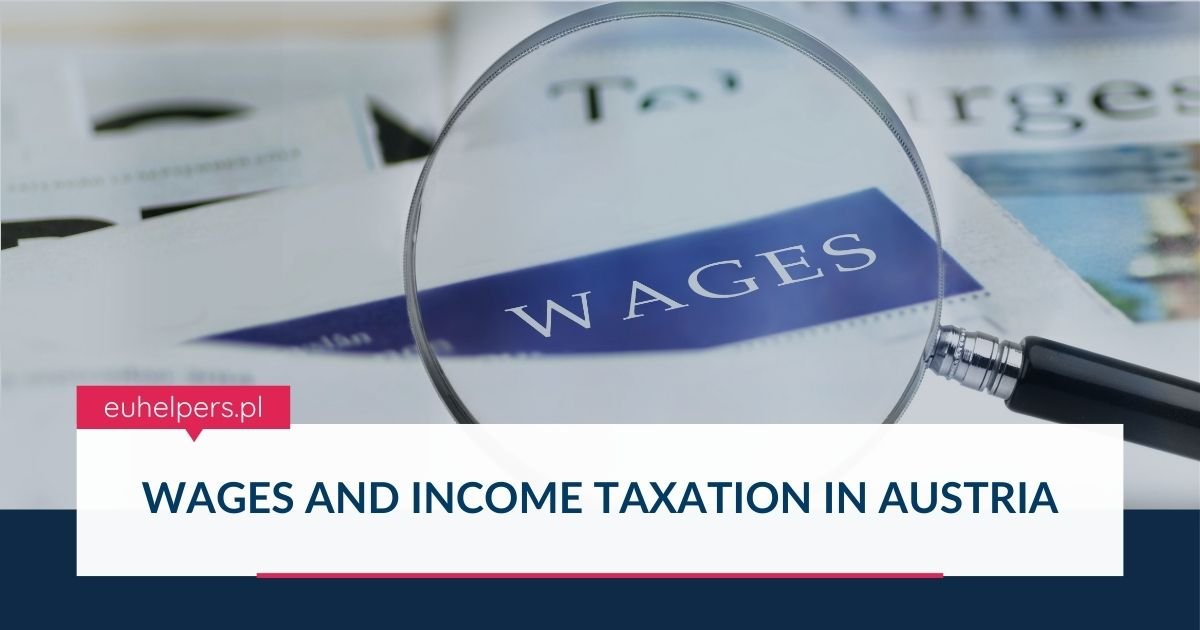Austria offers an attractive salary structure and tax system that continues to draw professionals from around the world. Despite its appeal, potential employees and migrants should be aware of key factors influencing wages and income taxation in the country.
Factors Influencing Salaries in Austria
Austria prohibits labor discrimination based on gender, race, religion, or political views. However, various elements determine individual earnings, including:
- Education and Qualifications:
Employees with higher education levels and specialized skills enjoy better earning prospects. Demand for specific expertise also plays a significant role, with professionals in high-demand fields earning approximately €4,000 per month. - Age:
Employers generally favor workers under 50 years old, particularly in technology sectors, where younger employees are often preferred. - Location:
Salaries are typically higher in Vienna compared to other Austrian states. - Gender:
Men are more likely to be assigned high-responsibility roles, which can impact salary differences. - Citizenship:
Austrian or EU citizens are prioritized for employment, while non-EU migrants may face greater scrutiny, affecting career growth and wages.
Salary Structure in Austria
Employees in Austria receive 14 paychecks annually: one for each month, an extra paycheck at Christmas, and another during vacation. The minimum gross salary is at least €1,500 per month, with industry-specific wages often determined by collective bargaining agreements.
When job postings list salaries, they typically reference the annual gross amount. To calculate the monthly pay, divide this figure by 14. Special online calculators can help estimate net income after taxes.
Income Taxation in Austria
Austria's tax rates depend on annual earnings:
- Up to €11,000: 0% tax rate
- €11,001 to €18,000: 20%
- €18,001 to €31,000: 32.5%
- €31,001 to €60,000: 42%
In addition, approximately €100–€150 is deducted monthly for social security and insurance contributions.
This predictable system ensures financial stability for employees, with the added benefit of Christmas and vacation paychecks that help plan for special occasions and holidays.
Working Conditions and Average Income
Austria maintains specific working hour regulations:
- Standard Workweek: 48 hours averaged over 17 weeks.
- Maximum Workload: 60 hours per week, subject to prior approval and excluding overtime pay.
- Workday Limits: A regular workday is 10 hours, extendable to 12 hours if it aligns with weekly averages.
Average Monthly Income in Austria (2025):
- Unskilled labor: €1,670
- Average salary: €2,690
- Highly skilled professionals: €3,600
Austria’s balanced salary structure and tax policies make it a desirable destination for professionals seeking financial stability. However, meeting employer expectations, such as adhering to work hour norms and fulfilling skill requirements, is crucial for securing competitive wages.
With its predictable income system and appealing benefits like Christmas and vacation bonuses, Austria remains one of Europe’s most attractive countries for employment in 2025.

